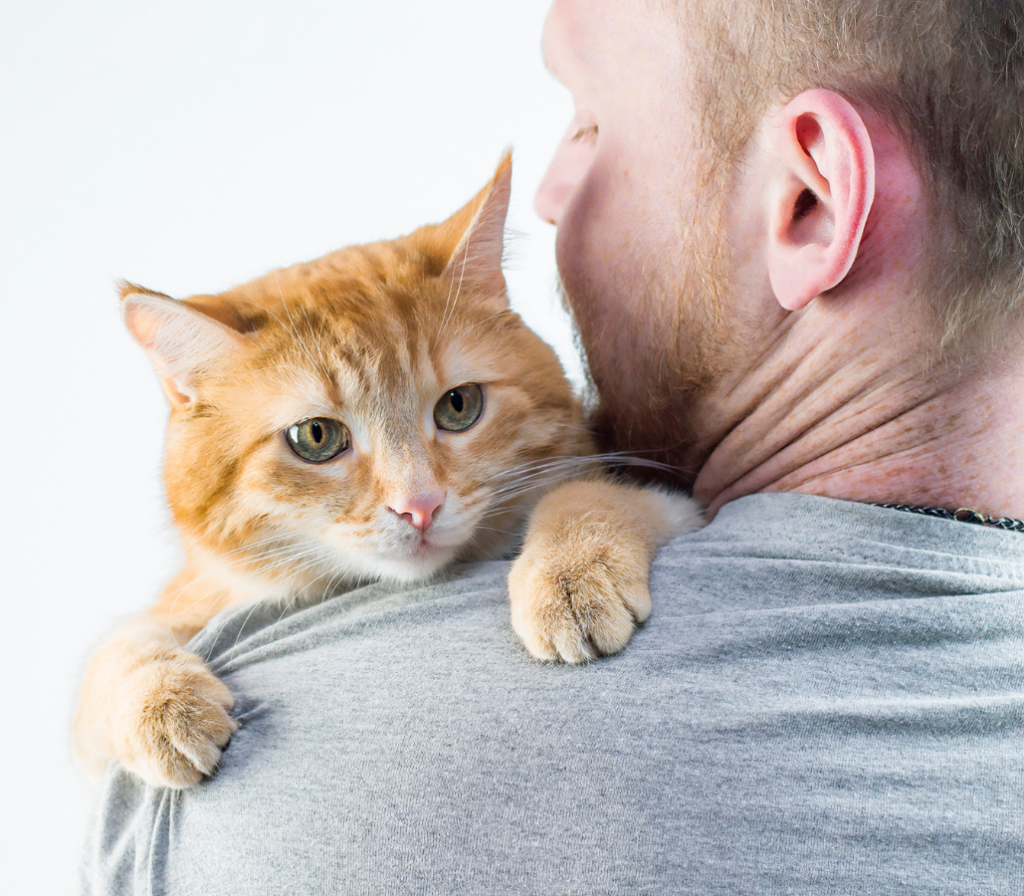Today is Blue Monday, which has been dubbed as the gloomiest day of the year. While the scientific proof of this recurrence is arguably debatable, it is a valuable opportunity to share awareness on mental health issues. This is especially true considering the toll on mental health that Covid-19 and its consequences have caused on many people. However, research has shown that companion animals are valuable assets to alleviate mental health issues.
So, can the benefits of the human-animal bond or #PetPower help brighten this Blue Monday?
Blue Monday
Taking place every year on the third Monday of January, Blue Monday is allegedly the saddest day of the year. The term was first coined in 2005 by Dr Cliff Arnall and is purported to be based on an equation including various factors such as average temperature, days since the last payday, days until the next bank holiday, average hours of daylight, and the number of nights in during the month. Despite originally being conceived as a marketing tool to encourage people to book holidays, the term has since gained popularity and moved into common parlance, particularly as mental health awareness grows.

Mental Health Issues and Covid-19
Such awareness days have arguably offered a valuable opportunity to shed light on the issue of mental health, especially after the Covid-19 Pandemic. Researchers believe that the pandemic and its consequences, such as lockdowns, have clearly harmed people’s mental health.
To understand the impact of the virus on mental health, a study collected data from 200,000 European citizens. Thanks to the collaborative network COVID-Minds, scientists gathered and analysed these data from four different countries (Denmark, France, the Netherlands, and the UK) between spring and early summer of 2020. This project focused on mental health factors, such as anxiety and loneliness, since psychological stress is a risk factor for long-term and severe mental illness. The study results revealed that the highest levels of loneliness were observed among young people and people with pre-existing mental illnesses.
Covid-19 isn’t the only thing causing challenges, seasonal affective disorder (SAD) can also play a role at this time of year. SAD is “a type of depression characterised by its recurrent seasonal pattern, with symptoms lasting about 4 to 5 months per year“. This mental health issue is especially common when winter starts, and people begin feeling blue as the days become shorter and there is less light.

The Mental Health Benefits of Owning a Pet
To fight the gloominess of Blue Monday, some people turn to pet therapy. In 2019 for example, pop-up puppy parks took over the entrances of six office buildings in Toronto, Canada. The Centre for Addiction and Mental Health (CAMH) organised this initiative, with a view to uplifting the spirits of office workers in downtown Toronto through some puppy power! The event was a success, and it also helped spread awareness about mental health issues.
The human-animal bond offers potential benefits for mental health issues. #PetPower can create favourable emotional, psychological, and physical interactions between people and animals that positively shape societies and communities. And this is not just anecdotal information, as many peer-reviewed studies have confirmed several benefits created by the human-animal bond.
We highlight key findings from four of these studies in our booklet:
- A UK review of studies showed that pets provided calming support and were perceived to have a sense of when they were needed.
- An Austrian paper highlighted the potential for dogs to boost self-esteem and act as excellent social lubricants by connecting people.
- Companion animals were also reported to alleviate loneliness in a study conducted in the Netherlands.
- A British study demonstrated that pets constitute a valuable source of support for managing feelings by offering a distraction from symptoms of illness and upsetting experiences.
Clearly, companion animals can help lessen negative feelings and brighten up your mood. #PetPower should definitely be considered a valuable asset to fight the gloominess of Blue Monday as well as mental health issues.
